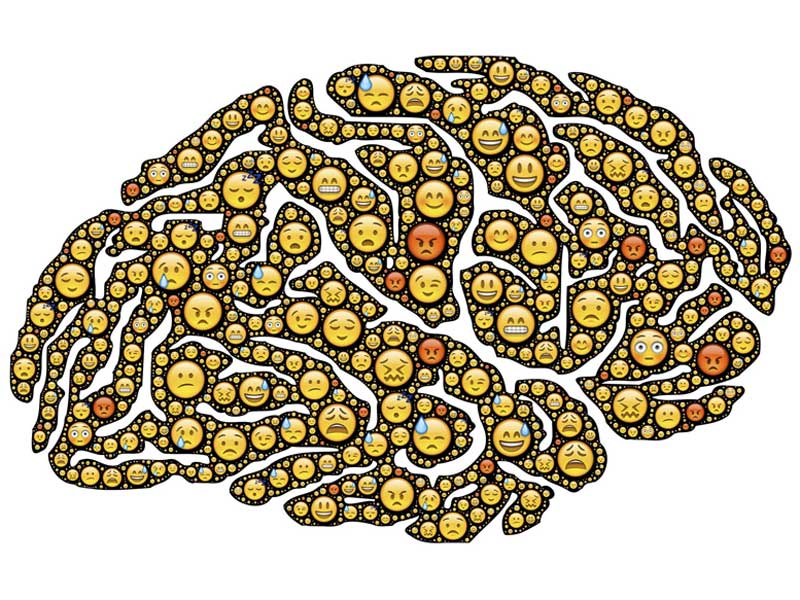What if the number of your reproductive years could influence how long you live? That’s what some recent studies have investigated. And some have found evidence of an actual link between late menopause and longevity.
So, if you’re over 55 and still getting your period, don’t fret. This could actually be good news for your heart, bones, and life span.
We understand you may be wistfully thinking: What if we could get rid of menopause altogether? Or at least, how to delay menopause. But, no treatment can create eggs or bring back your fertility.
So, late menopause is a reality. In today’s article we’ll discuss
- how late-onset menopause can influence your life expectancy and overall health,
- the possible underlying causes for this link, and
- treatments to help you cope with and live well during this extended life stage.
Let’s start by understanding menopause, early menopause, and late menopause.
Menopause: the Day Your Periods Are Officially Over
Technically, menopause lasts only one day – the day that marks an entire year since your last menstrual cycle. This means you’re no longer fertile.
The average age this happens is 51. But like anything else in the female reproductive cycle, every woman has a different timing. So, menopause may occur at any age from 45 to 55.
If it happens before you reach the age of 45, it’s considered early menopause, or before 40, premature menopause. And if it happens after 55, it’s late menopause.
There are many questions online about late menopause. We’ve just looked at what’s considered late menopause. Other questions are about whether late menopause can cause cancer or breast cancer. We’ll get to that risk in a moment.
First let’s look at what causes late menopause, and then review the pros and cons of what this might mean for you in terms of a healthy longevity.
What Causes Late Menopause?
Late menopause is a natural variation due to many factors, including the following:
Genetics
Family history can play a significant role in determining the age at which you’ll experience menopause. If your mom or sisters had late menopause, for example, you’re more likely to experience it as well.
Lifestyle and Health
Certain lifestyle factors and your overall health can influence the timing of your menopause. Factors contributing to later menopause include maintaining a healthy body weight, regular exercise, a balanced diet, and not smoking.
Reproductive Factors
Women who have a higher number of lifetime menstrual cycles may experience menopause at a later age. On the other hand, women who have a history of irregular menstrual cycles or started their periods early may reach menopause earlier. This also indicates a relationship between late menstruation onset and late menopause onset.
Hormone Levels
Some women may have naturally higher levels of hormones, such as estrogen, which can delay the onset of menopause. Various factors influence hormone levels, including genetics, body weight, and overall health.
Ovarian Reserve
The number of follicles in your ovaries, known as ovarian reserve, can affect the timing of your menopause. Women with a more significant ovarian reserve may experience menopause later.
But is late-onset menopause really good news? Or are there other health issues to be concerned about?
Pros and Cons of Late Onset Menopause for Your Overall Health and Longevity
As mentioned before, several studies show that the later you go through menopause, the longer your lifespan.
One of these studies from the Women’s Health Initiative (WHI) involved 16,000 women from various ethnic groups. Results showed that the main determining factor for female extended longevity is the number of reproductive years. More reproductive years, more years after menopause.
But while late menopause may be associated with certain health benefits, especially related to an extended production of estrogen, it also comes with its own set of considerations.
On the one hand, late-onset menopause is associated with a reduced risk of osteoporosis, cardiovascular diseases, and increased longevity. That’s good. But on the other hand, it can also be associated with a slightly increased risk of certain types of cancer.
Ironically, this increased risk is also primarily related to the prolonged exposure to estrogen and other hormones that women with late menopause experience.
But there’s an efficient way of finding a hormonal balance so you benefit from long exposure to estrogen: Bioidentical Hormone Replacement Therapy (BHRT).
Finding Balance with BHRT for Menopause
Bioidentical hormone replacement therapy may be just the solution you need to help manage some of the symptoms and health concerns associated with late menopause and the extended period of hormone imbalance symptoms you may experience during the perimenopause years.
BHRT involves using hormones that are structurally identical to those naturally produced by your body, such as estrogen, progesterone, and sometimes testosterone. Because BHRT is naturally sourced, there are fewer chances of it causing side effects and potential health risks.
Here are some ways BHRT can help you overcome the challenges of late-onset menopause so you can live a long and healthy life.
Symptom Relief: Late-onset menopause can still bring about common menopausal symptoms like hot flashes, night sweats, mood swings, and vaginal dryness. But BHRT helps minimize these symptoms by restoring hormonal balance, providing relief, and improving your quality of life.
Bone Health: Estrogen plays a critical role in maintaining bone density. Decreased estrogen levels associated with perimenopause can lead to an increased risk of osteoporosis. However, BHRT can help maintain bone health by providing your body with estrogen and other hormones that support bone density for as long as you need them.
Heart Health: Hormonal changes during perimenopause can affect your cardiovascular health. But BHRT can positively impact your heart health by helping regulate cholesterol levels, blood pressure, and other cardiovascular risk factors.
Cognitive Function: You may be one of those women who experience cognitive changes during perimenopause, such as memory lapses and difficulty concentrating – known as “brain fog.” BHRT may positively influence cognitive function and help you keep your mental clarity and focus.
Ready to Embrace Your Late Menopause and Unlock the Secret to Healthy Longevity?
Late-onset menopause is a unique journey. At Nava Health, we celebrate it as a chapter of newfound vitality, not a story of limitations. Our comprehensive and personalized approach to functional medicine and our expertise in BHRT are your pathway to healthy longevity.
Don’t just age gracefully – age vibrantly! Discover how Nava’s expertise can help you flourish during your late-onset menopause journey. Why not embrace your natural rhythm and experience vitality during and beyond those years?



